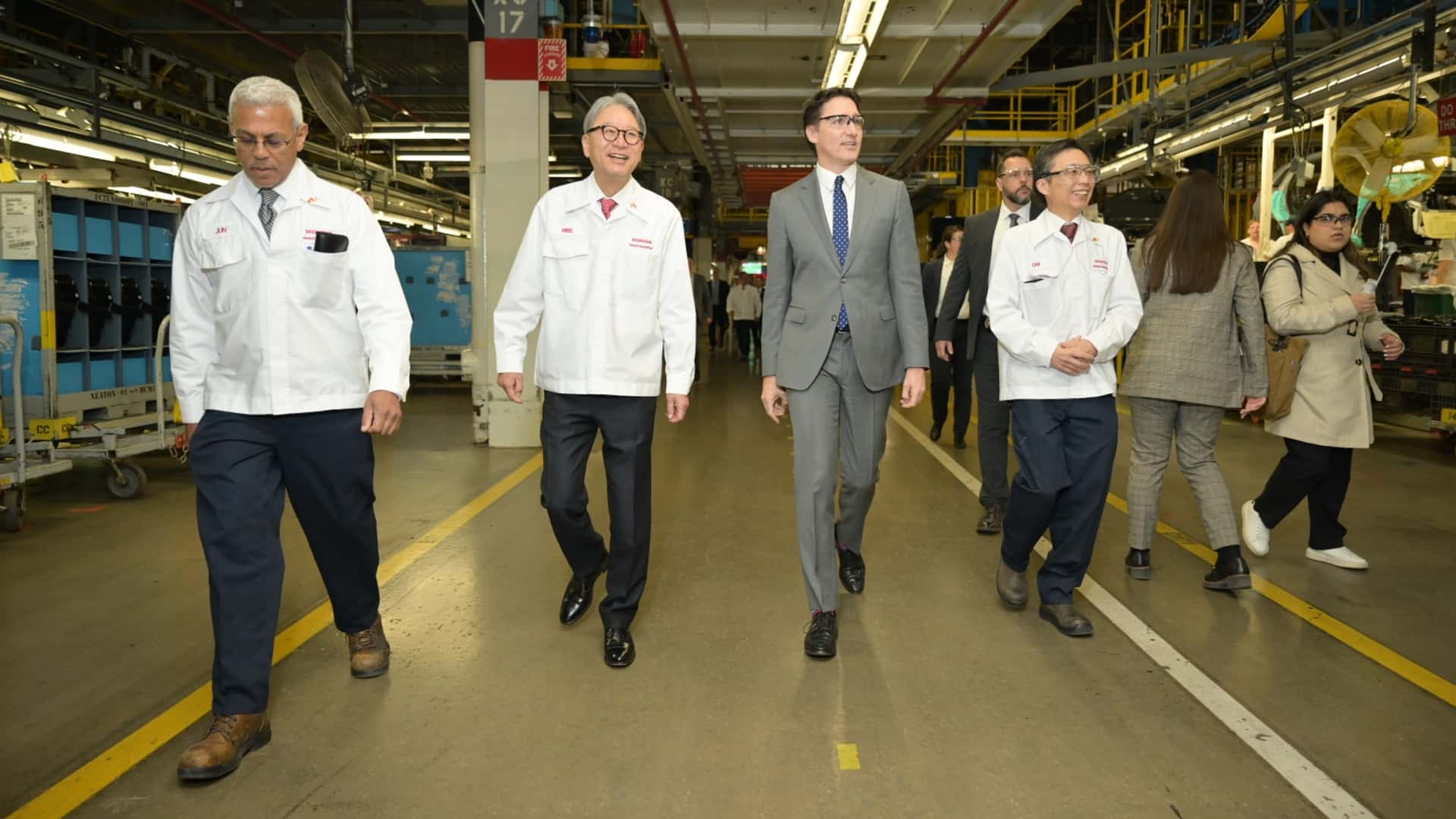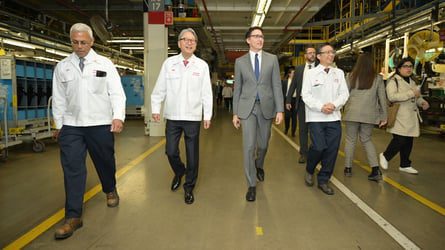

Today, Honda confirmed plans to expand its manufacturing presence in Canada to build electric vehicles. The Japanese automaker announced a massive $11 billion investment—the largest single automotive investment in Canada’s history—that will lead to the creation of new plants near its existing manufacturing campus in Alliston, Ontario, with the goal of beginning EV production in 2027.
The investment will see the construction of four new manufacturing plants: one for EVs, one for battery packs and two plants that will manufacture battery components. Honda intends to create a complete local EV supply chain that will help it build EVs at a competitive price and with a lower environmental impact (it wants to only build EVs and FCEVs after 2040 with the ultimate goal of achieving net zero CO2 emissions by 2050).
Honda is lagging behind other manufacturers
While other automakers already have entire parallel lineups of bespoke electric cars, Honda only sells two EVs of which only one is of its own making, the e:NY1.
The new EV assembly plant has a projected output of 240,000 vehicles per year, while the battery plant will be able to produce 36 gigawatt-hours of EV batteries annually. Between all four new factories, Honda says it will add 1,000 new jobs on top of the 4,200 people it already employs.
Honda currently builds the CR-V and Civic in Canada, and it will add at least two new models by 2028.
There is no word yet on what vehicles will roll out of the new factory, but Automotive News quotes an industry analyst who believes that the first will be a small Honda-badged electric crossover expected to debut in 2027, followed one year later by a larger Acura electric crossover.
Unlike today’s Honda Prologue, which is built for Honda by General Motors on its own Ultium architecture, these new models will be underpinned by a new bespoke EV architecture that will debut in 2025.
Honda showcased what its new line of EVs will look like with a series of concepts that debuted in January. The one that will serve as direct inspiration for a production model is the Saloon, which looks a lot like a small handheld vacuum cleaner—a Dustbuster—and it will spawn a production EV called the Honda 0.
This will be Honda’s first “next-generation” EV, and its design will likely serve as the basis for future models, including the crossover that enters production in Ontario in 2027. Honda also wants to turn its Ohio manufacturing facilities in the US into an “EV hub” where it plans to start electric vehicle production in 2025.











